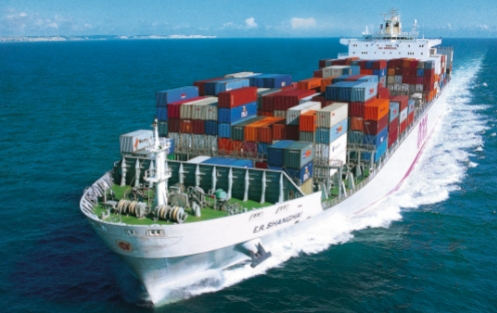Lithium-ion batteries are an increasing cause for concern in shipping, as reflected in the number of fires on roll-on roll-off car carriers and container ships.
The risks of Lithium-ion battery fires in cargo that is not stored, handled or transported correctly means loss prevention is vital for the industry, particularly given the difficulties involved in extinguishing battery fires at sea.
According to a new report from marine insurer Allianz Global Corporate & Specialty, four main hazards blight the sector: fire (Li-ion batteries contain electrolyte, an ignitable liquid); explosion (resulting from the release of ignitable vapour/gases in a confined space); thermal runaway (a rapid self-heating fire that can cause an explosion); and the toxic gases that these hazards can produce.
The most common causes of these hazards are substandard manufacturing of battery cells/devices; over-charging of the battery cells; over-temperature by short circuiting, and damaged battery cells or devices, which, among other causes, can result from poor packing and handling or cargo shift in rough seas if not adequately secured.
“Shipping losses may have more than halved over the past decade but fires on board vessels remain among the biggest safety issues for the industry. The potential dangers that the transportation of lithium-ion batteries pose if they are not stored or handled correctly only add to these concerns, and we have already seen a number of incidents,” explains Captain Rahul Khanna, global head of marine risk consulting at AGCS. “Companies should do all that they possibly can to implement, develop and follow robust loss prevention measures, given the growing popularity of electric vehicles means many more vehicles with lithium-ion batteries will be transported by sea in future.”
See the next issue of CIR Magazine for more on Li-ion battery risks in shipping
Printed Copy:
Would you also like to receive CIR Magazine in print?
Data Use:
We will also send you our free daily email newsletters and other relevant communications, which you can opt out of at any time. Thank you.


.jpg)








YOU MIGHT ALSO LIKE